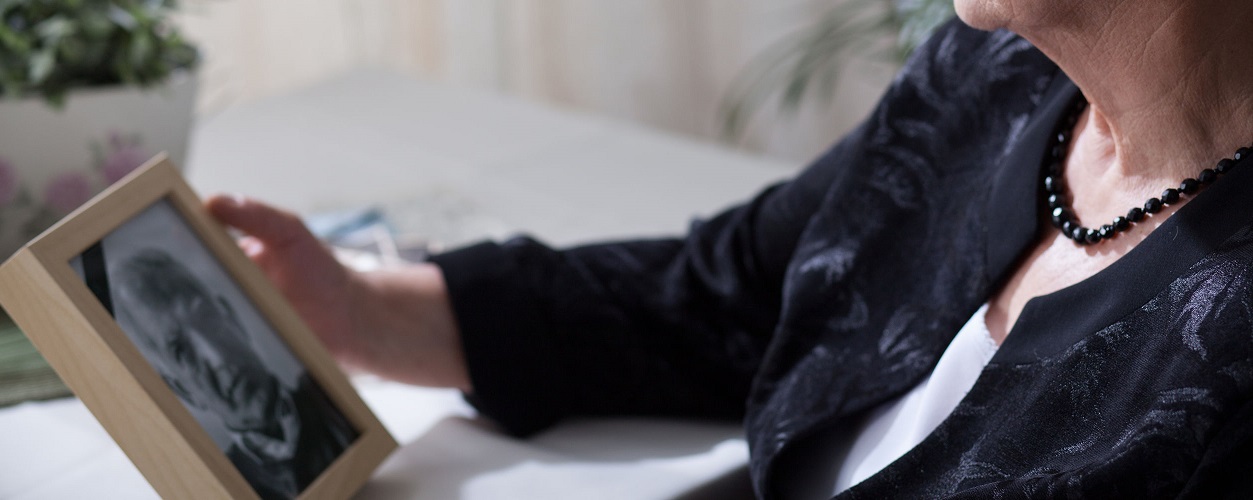When a husband or wife dies, the surviving spouse faces a higher risk of dying over the next few months as well, according to a new report.
By Christi L. Diggs
The Christmas card in December 2008 read, “Paula and Jack (in Heaven)”. That was my mother’s first Christmas after my father died.
While I struggled with the busyness of being a working mother of two young daughters and trying to be a helpful wife, I hurt so much for my mother. Her best friend of nearly 42 years was gone. There are no words in any greeting card to explain that. I missed my father greatly, but her loss was much deeper.
The Real Threat
The anguish, loss, and general abrupt change in one’s companionship, life and routine are overwhelming. There’s also a real threat to the survival of the remaining half of the couple.
When a husband or wife dies, the surviving spouse faces a higher risk of dying over the next few months as well, according to a new report. The researchers looked at data from the University of Michigan Health and Retirement Study, which surveys more than 26,000 Americans over age 50 every two years.
“It’s possible it’s a grief-related mechanism, or that providing care for the sick spouse causes illness in the surviving spouse, or that, as one’s spouse gets sicker, the surviving spouse stops taking care of their own health,” said Dr. S. V. Subramanian. He worked on the study at the Harvard School of Public Health in Boston.
Some of the changes that a person faces when their partner dies can be devastating: packing up clothing/memories; learning new routines; sometimes leaving their longtime home and socializing in a different way.
Time to Grieve
Having the time to grieve is important but often not convenient.
Companies speaking and working with seniors at this vulnerable time have to keep this in mind. It was speaking with the family advocate mentors of our Contact Center that actually led me down this mental “rabbit trail.”
Much of their time is spent relating to and caring about the lives of people:
“Losing my grandfather is likely the most difficult experience I have had thus far,” said Lauren Medina, a family advocate mentor at SeniorVu (a Senior Housing Forum Partner). “It is always complicated speaking with somebody who is grieving their loss, but also looking to make such a big change [transitioning to Senior Living] in their life or in the life of their loved one.”
A Listening Ear
Medina’s goal is to provide a listening ear and not rush them through the process — knowing there is nothing she could say that the family member hasn’t heard before. In one recent call, she spoke with an adult daughter about her father’s transition after the death of her mother/his wife.
“. . . [S]he was very thankful that I did take time to listen and offer some sort of resolution to her immediate problem (we set up a tour for her to get their process started),” Medina said.
I’m appreciative on a personal level for people like Medina working in the senior living industry. Also, I’m happy to report that my mother (still missing my father) is thriving with a network of friends at her new community. Everyone benefits from a little love.
Connect with SeniorVu and never let a lead hit the ground again . . . ever. Call 816-759-2586 today.
Click on the button below to download a PDF copy of this article:









